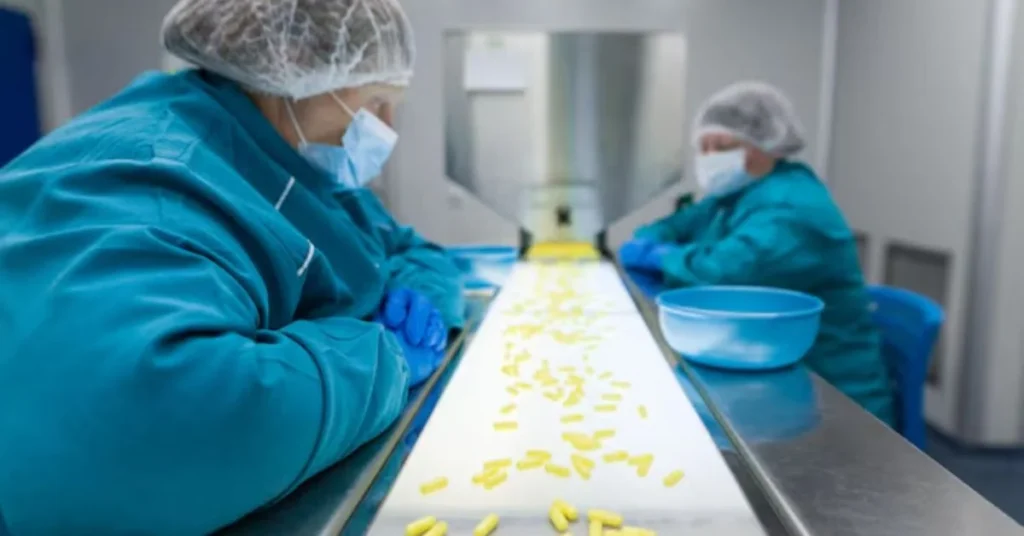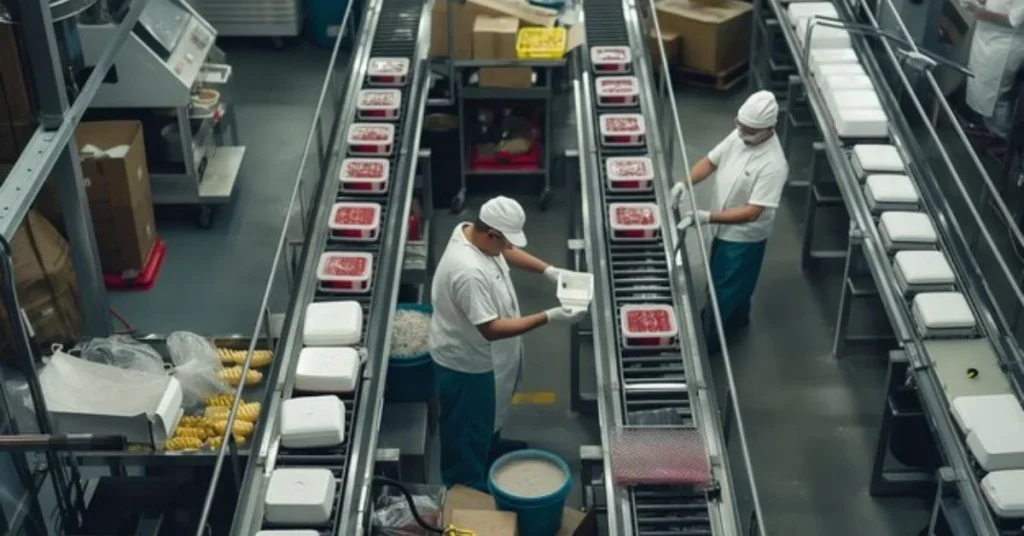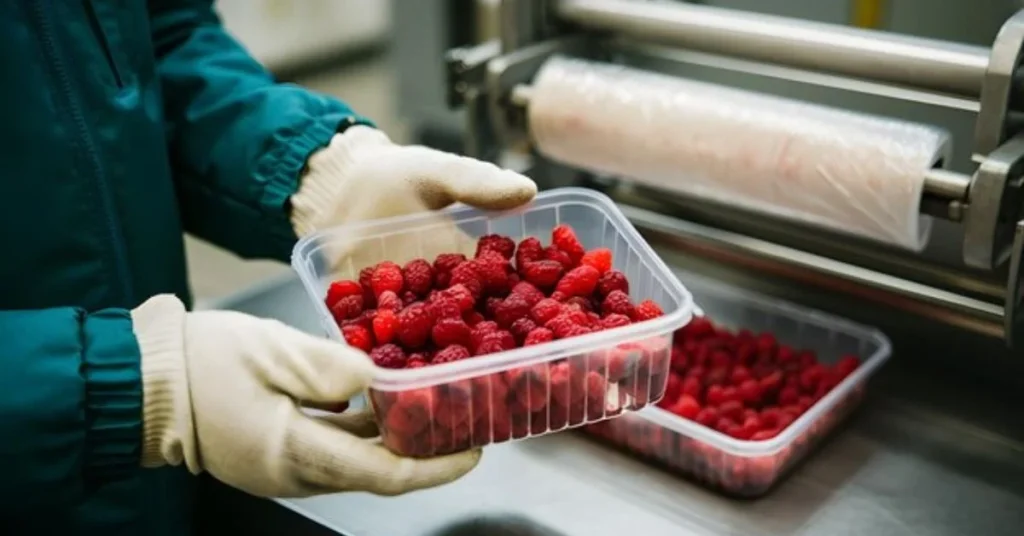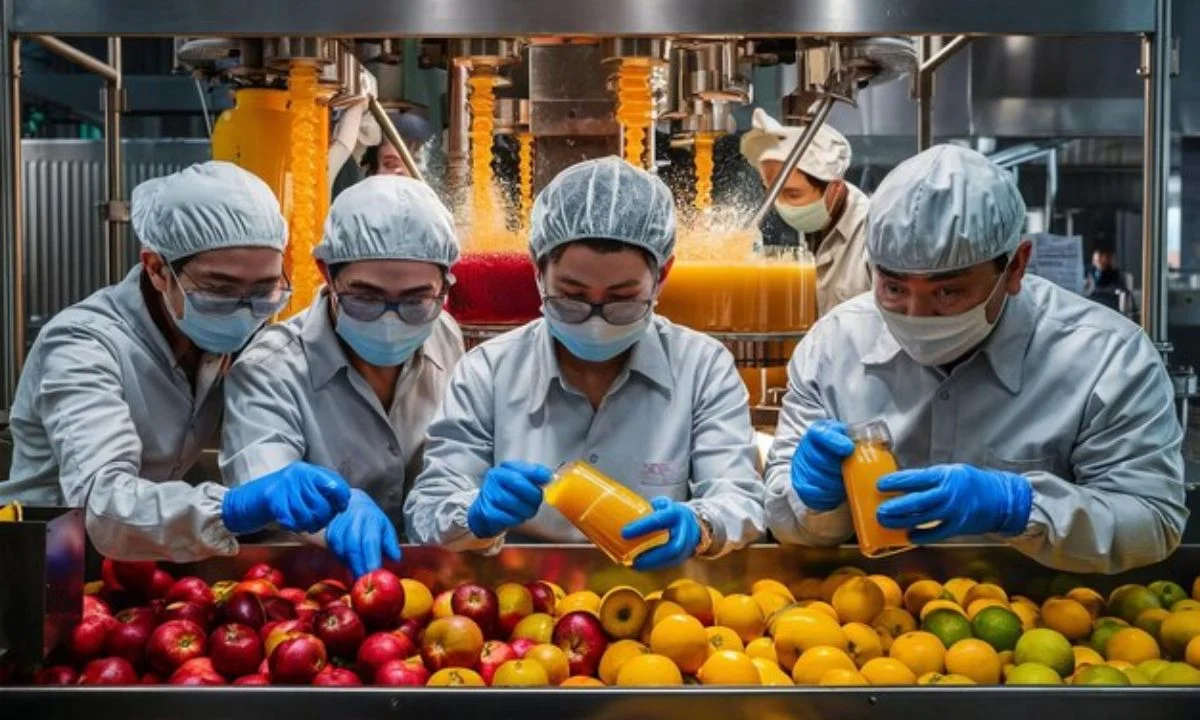Rosenberg food manufacturing has gained significant attention in recent years due to its innovative approach to food production and contribution to the local economy. From large-scale production facilities to small, family-run businesses, the food manufacturing sector in Rosenberg plays a pivotal role in meeting the demands of both local and international markets. This article will explore various aspects of food production in Rosenberg, including its history, key players, challenges, and future trends. Let’s dive deeper into how this industry is shaping the future of food production.
The History of Rosenberg Food Manufacturing
The Early Days of Rosenberg’s Food Industry
The food manufacturing industry in Rosenberg dates back several decades, when small, local food businesses began producing goods for the surrounding communities. Initially, these businesses focused on agricultural products, such as grains, fruits, and vegetables. Over time, as demand grew, so did the need for larger facilities capable of handling more complex production processes. This shift led to the establishment of larger manufacturing plants and the introduction of modern machinery to improve efficiency.
Key Milestones in Food Production in Rosenberg
One of the key milestones in food production in Rosenberg was the adoption of automated production lines in the mid-20th century. This technological advancement enabled manufacturers to significantly increase production capacity while reducing labor costs. Additionally, the introduction of refrigeration and freezing technologies allowed for the preservation of perishable goods, opening up new opportunities for the export of Rosenberg-manufactured food products.
Must read Eagle Foods Employee Benefits
Current Trends in Food Production in Rosenberg
Innovation in Food Processing Technologies
Today, food production in Rosenberg companies are at the forefront of innovation in food processing technologies. From automated sorting machines to precision cutting tools, modern technologies have revolutionized the way food is processed, packaged, and distributed. These advancements not only improve the quality and safety of food products but also help reduce waste and energy consumption during production.
Sustainable Practices in Food Manufacturing
Sustainability is a major focus in food production in Rosenberg. Many companies are implementing eco-friendly practices, such as using renewable energy sources, reducing water usage, and minimizing packaging waste. Some manufacturers are even exploring plant-based packaging materials to reduce the environmental impact of traditional plastics. This commitment to sustainability not only benefits the environment but also appeals to consumers who prioritize eco-friendly products.

Role of Automation in Food Manufacturing
Automation plays a critical role in the food manufacturing process in Rosenberg. Many facilities now rely on robotic systems to perform tasks such as ingredient mixing, packaging, and quality control. Automation helps ensure consistency in product quality while reducing human error and increasing production efficiency. As a result, Rosenberg food manufacturers are able to meet growing consumer demand while keeping production costs competitive.
Key Players in Rosenberg Manufacturing
Major Food Manufacturers in Rosenberg
Several prominent food manufacturers are based in Rosenberg, each specializing in different segments of the food industry. Some of these companies focus on processed foods, such as canned goods and frozen meals, while others produce fresh products like dairy, meat, and baked goods. These manufacturers play a vital role in supplying food to local grocery stores, restaurants, and international markets.
Local and Family-Owned Food Businesses
In addition to the large-scale food manufacturers, Rosenberg is also home to a number of small, family-owned food businesses. These businesses often focus on niche markets, offering artisanal products such as handmade pasta, gourmet sauces, and organic snacks. Despite their smaller size, these businesses contribute significantly to the local economy and offer unique, high-quality products that stand out in the competitive food industry.
Challenges Facing Rosenberg Manufacturing
Supply Chain Disruptions
Like many industries, Rosenberg food manufacturing has faced challenges related to supply chain disruptions. Global events, such as the COVID-19 pandemic, have caused delays in the sourcing of raw materials and increased transportation costs. These disruptions have made it more difficult for manufacturers to maintain consistent production levels and meet consumer demand.
Labor Shortages
Labor shortages are another significant challenge in Rosenberg manufacturing. Many companies struggle to find enough skilled workers to operate machinery, oversee quality control, and manage logistics. To address this issue, some manufacturers are investing in training programs to develop a skilled workforce, while others are turning to automation to fill the labor gap.
Compliance with Food Safety Regulations
Ensuring compliance with food safety regulations is a top priority for Rosenberg food manufacturers. Strict guidelines govern every aspect of the production process, from ingredient sourcing to packaging and distribution. Manufacturers must regularly undergo inspections and audits to ensure their facilities meet the highest standards of cleanliness and hygiene. Failure to comply with these regulations can result in costly fines and damage to a company’s reputation.

Future of Rosenberg Food Manufacturing
Embracing Technological Advancements
The future of Rosenberg manufacturing will likely be shaped by continued advancements in technology. Innovations such as artificial intelligence (AI), machine learning, and blockchain are expected to revolutionize the way food is produced, tracked, and delivered to consumers. AI and machine learning can optimize production processes, while blockchain technology can enhance transparency in the supply chain by providing real-time data on product origins and quality.
Expansion into Global Markets
As demand for high-quality, sustainably produced food continues to grow, Rosenberg food manufacturers have the opportunity to expand into new global markets. By leveraging modern transportation and logistics networks, these companies can reach consumers around the world, introducing them to the unique flavors and products that Rosenberg has to offer.
Focus on Health and Wellness
Health and wellness trends are driving changes in consumer preferences, and Rosenberg food manufacturers are responding by developing products that cater to this demand. From plant-based protein alternatives to low-sugar snacks, manufacturers are creating healthier options that appeal to health-conscious consumers. This shift towards healthier products not only reflects changing consumer tastes but also aligns with broader efforts to combat issues such as obesity and diet-related diseases.
Conclusion
Rosenberg food manufacturing plays a vital role in both the local and global food supply chain, combining tradition with innovation to produce a wide range of products. The industry has evolved over time, embracing technological advancements, sustainability, and automation to remain competitive in a fast-changing market.
While challenges such as labor shortages and supply chain disruptions persist, the future of Rosenberg manufacturing looks promising, with opportunities for global expansion and continued growth in the health and wellness sector. As the industry adapts to new technologies and consumer preferences, Rosenberg manufacturing will continue to be a major player in shaping the future of food production. For more information visit this site.

What is Rosenberg manufacturing known for?
Rosenberg manufacturing is known for producing a wide variety of food products, from processed foods to fresh, organic goods. The industry is recognized for its innovation in food processing and commitment to sustainability.
How has automation impacted Rosenberg manufacturing?
Automation has significantly improved efficiency in Rosenberg manufacturing by reducing human error, increasing production capacity, and ensuring consistent product quality. Many facilities now use robotic systems for various production tasks.
What challenges does the Rosenberg food manufacturing industry face?
Some of the challenges include supply chain disruptions, labor shortages, and the need to comply with strict food safety regulations. Despite these obstacles, the industry continues to adapt and thrive.
How is Rosenberg food manufacturing addressing sustainability concerns?
Many companies are adopting eco-friendly practices, such as reducing water and energy usage, minimizing packaging waste, and exploring alternative packaging materials. These efforts are part of a broader commitment to sustainability.
What are the future trends in Rosenberg manufacturing?
Future trends include the adoption of AI and blockchain technology, expansion into global markets, and the development of health-focused food products. The industry is poised for continued growth and innovation.
